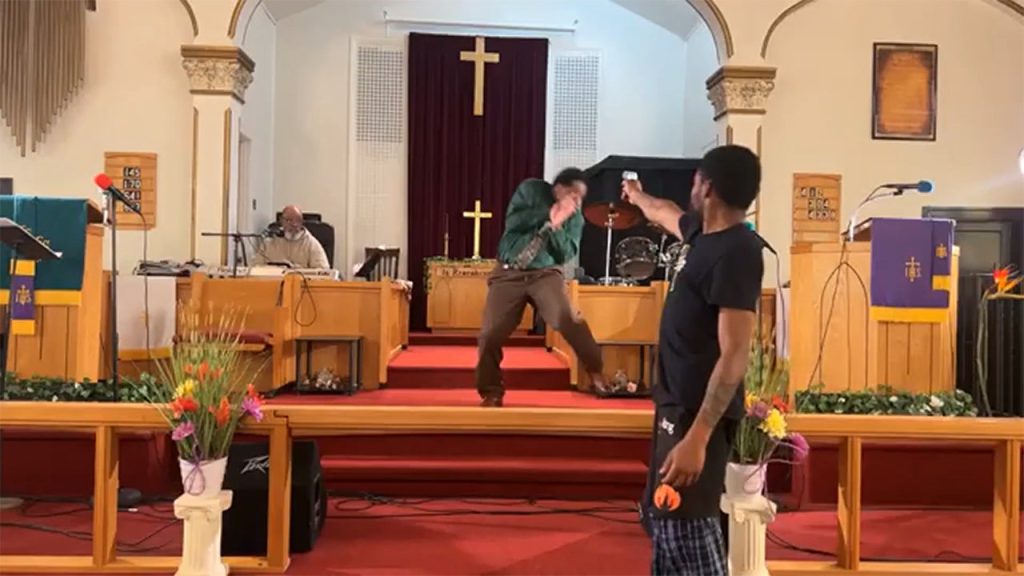Security experts are increasingly urging U.S. churches to increase their safety measures after two near misses involving attempted shootings at houses of worship in different parts of the country this month. Interest in doing so among congregations is also on the rise, they say. Last week, a hero in a Pennsylvania church tackled an armed man who tried to gun down a pastor mid-sermon. Shortly after, a gun-toting teen approached a Louisiana church during a First Communion Mass, but was detained by parishioners outside. In February, an armed woman attempted to open fire at Joel Osteen’s Lakewood Church in Houston, Texas, but off-duty officers intervened.
Even the Department of Homeland Security and the Federal Emergency Management Agency (FEMA) recommend churches and other places of worship take preparedness measures around the year. This includes creating a plan and sharing it with congregants in case of an emergency, coordinating with local law enforcement, and undergoing active shooter response training. FEMA offers a security self-assessment checklist on its website and provides grants for nonprofit security to cover the costs of physical safety measures. Local governments throughout the country offer safety training programs for houses of worship.
Experts are seeing churches increasingly turning to security guards, whether armed or unarmed, who can be volunteers or licensed professionals. David Katz, CEO of Global Security Group and former DEA special agent, noted that armed volunteer security at houses of worship, especially in Jewish synagogues, is becoming more common. Katz has been training volunteers at his own Texas synagogue and now works with churches as well. Many churches cannot afford full-time armed security, so offering training to worshippers on how to protect themselves is crucial.
Pat Brosnan, founder and chairman of Brosnan Risk Consultants, which provides threat assessments and guards, mentioned that varying laws in communities can influence what measures churches can implement. Brosnan emphasized that the visual of a guard at the front door can deter potential threats as many perpetrators are cowards who do not want to die. In some cases where cost is an issue, churches choose to have guards posted only during service hours and special events. Brosnan praised the actions of individuals like McCallister and the parents outside the Louisiana church who have saved lives during recent incidents.
In some states like Texas, churches are allowed to form their own security teams, but laws in places like New York City may not permit this. While the security industry faces regulations, training requirements, and insurance costs, having guards present can make a difference in deterring potential threats. Brosnan commended the bravery of civilians who act to save lives in dangerous situations, urging caution and the importance of proper training. The increase in interest among churches of all sizes in improving safety measures is a positive step towards ensuring the security of congregants and preventing potential tragedies.


